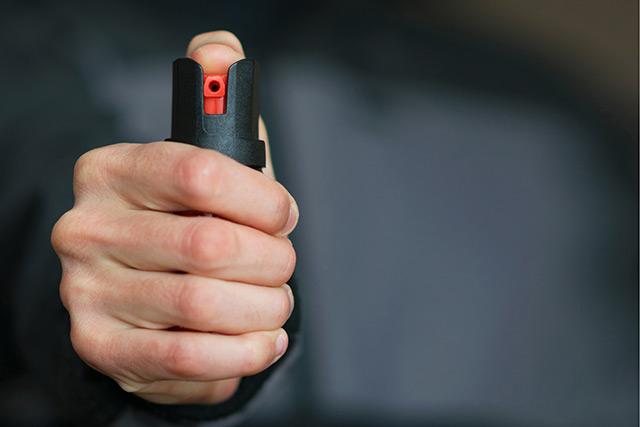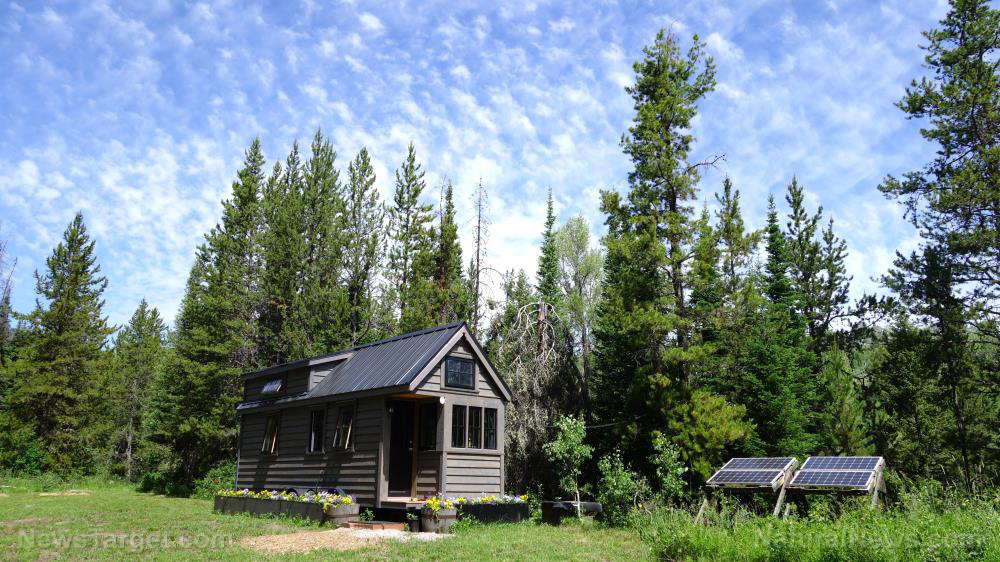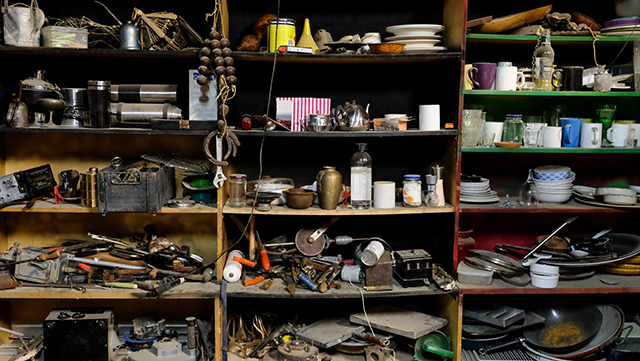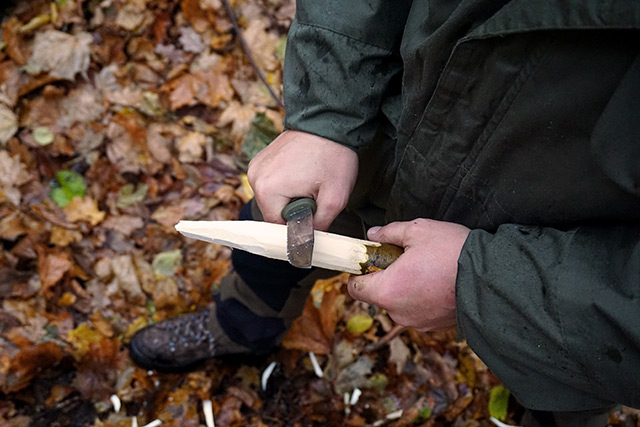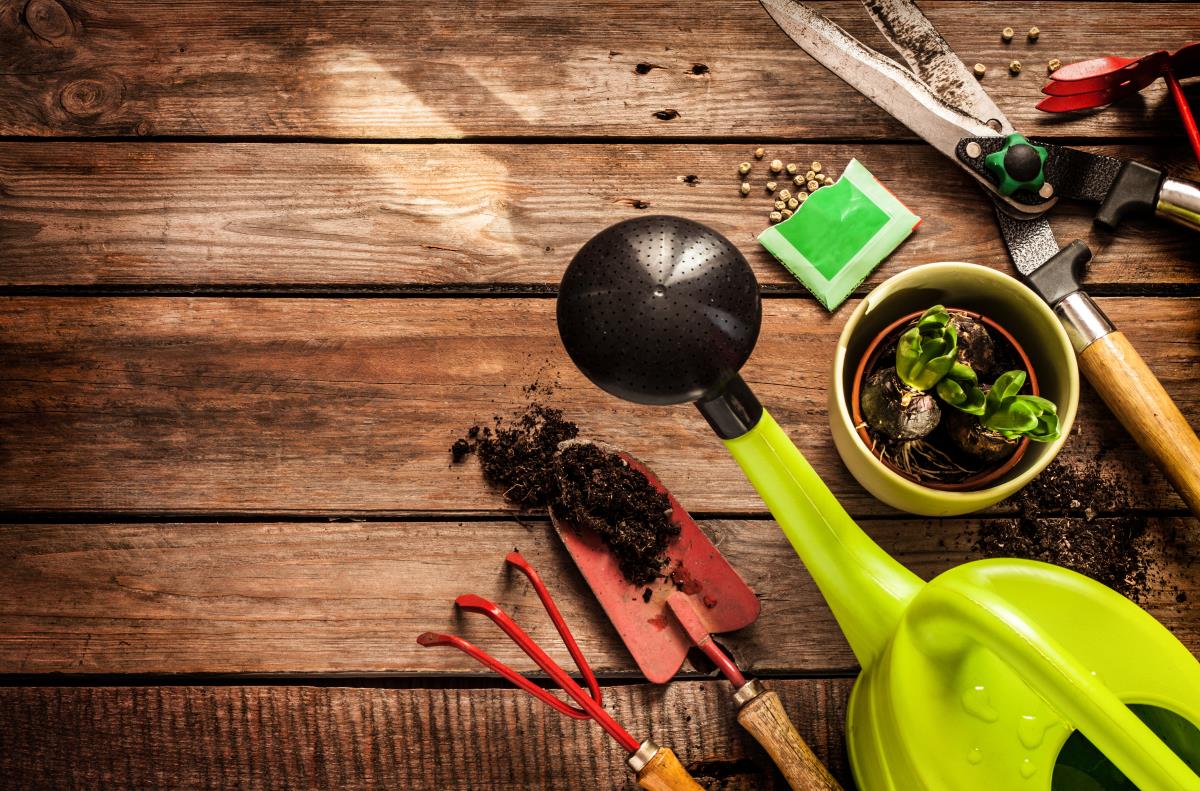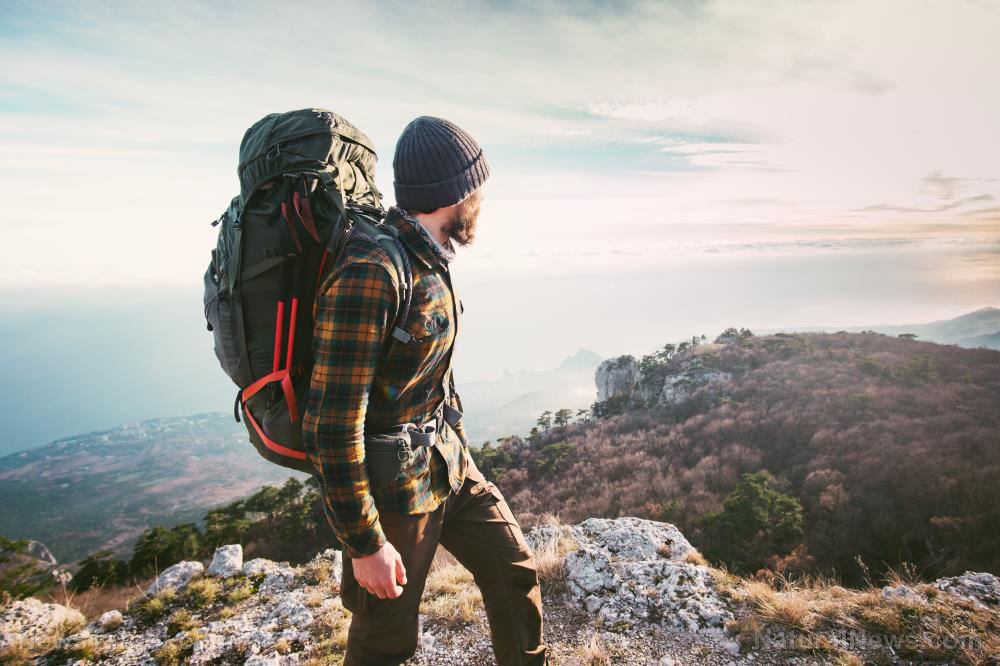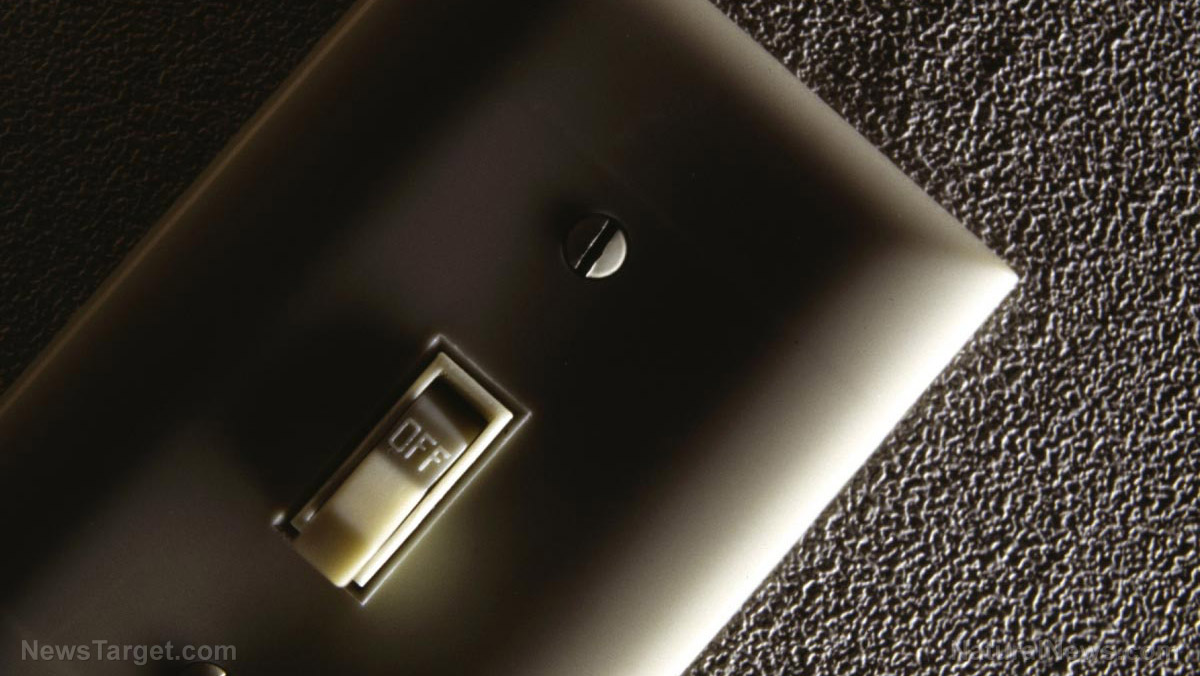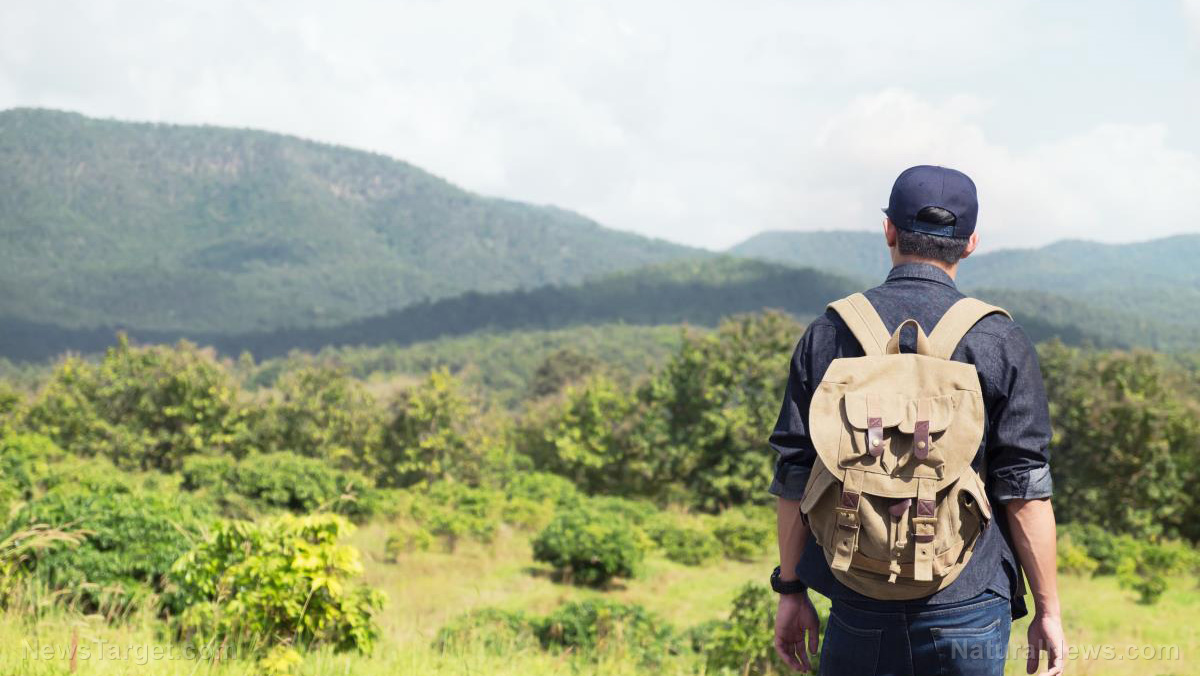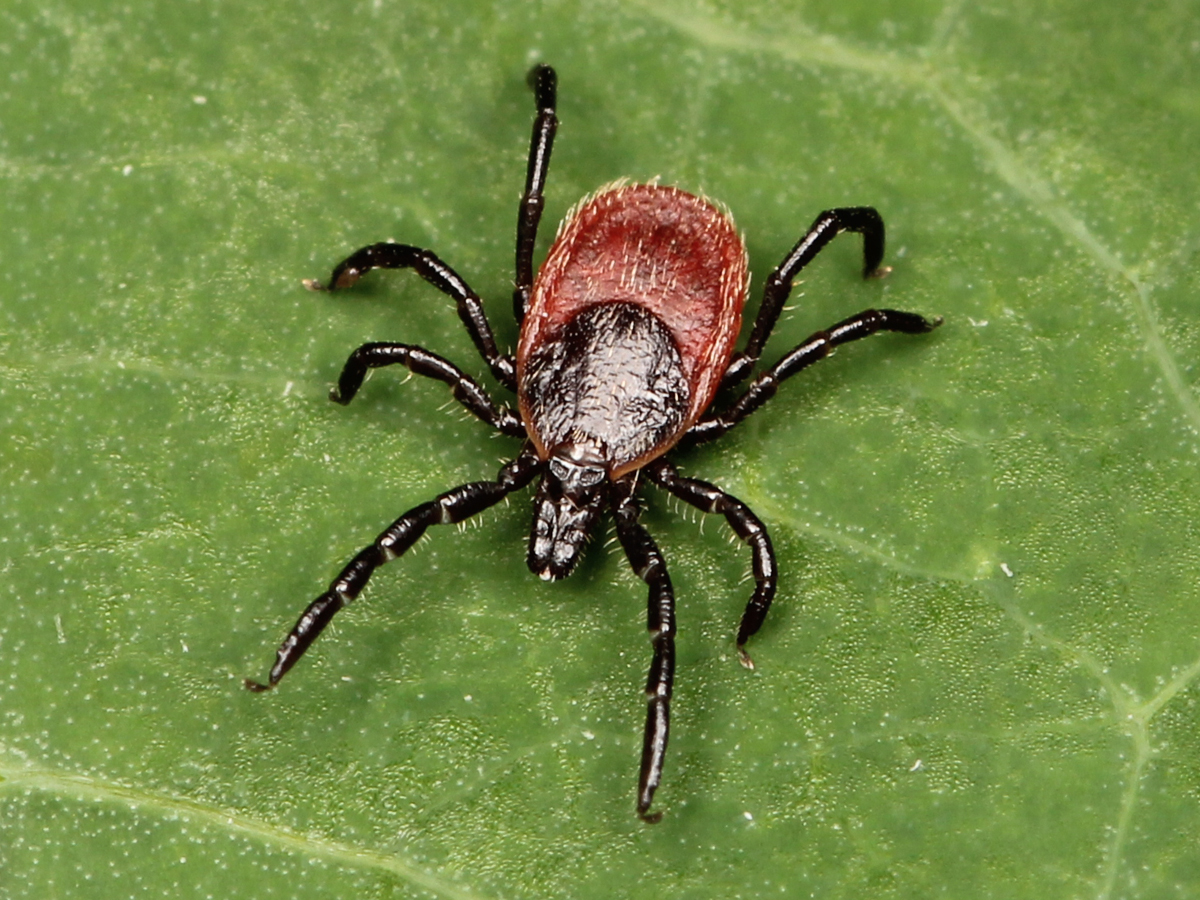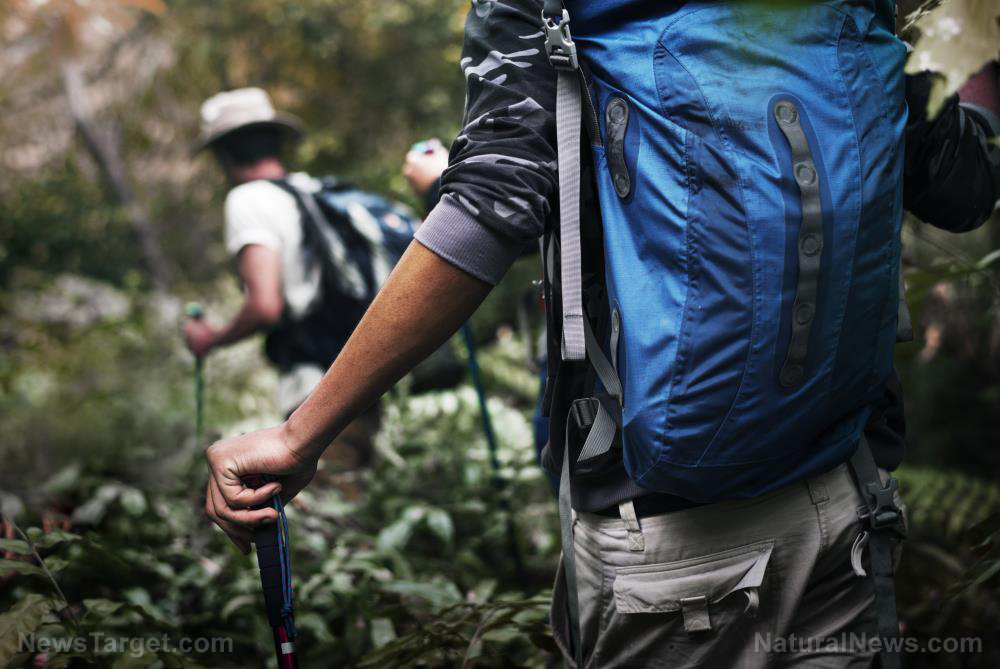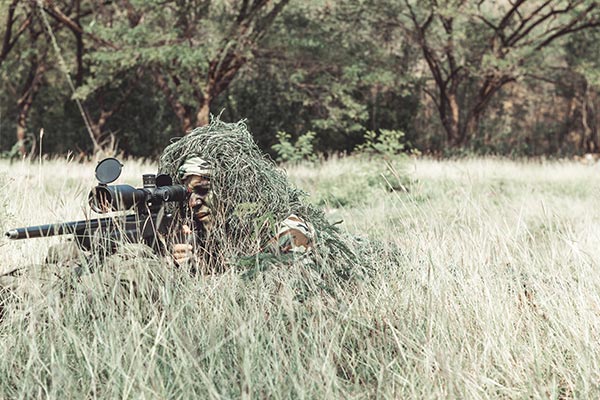3 Kinds of gloves and 5 types of masks for your SHTF first aid kit
11/12/2019 / By Grace Olson
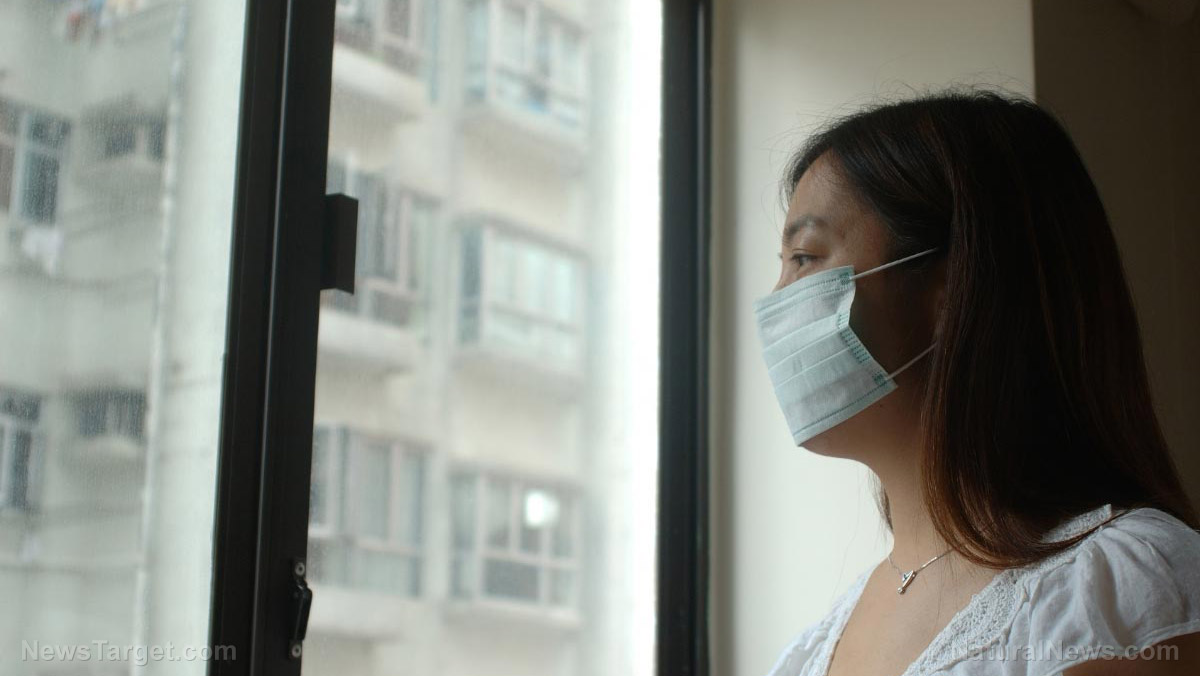
During an emergency, you need protection – not only from visible threats, but from microscopic ones as well. During a disaster, sanitation and cleanliness are often neglected. While in survival situations, you need to protect yourself from harmful pollutants and toxic substances. With that in mind, it is crucial that you have some gloves and masks in your first aid kit. (h/t to PrepSchoolDaily.Blogspot.com)
Protecting your hands
Humans use their hands to examine and explore new things. If you’re not careful however, you might touch something with harmful substances, which can burn or itch. The worst-case scenario is for toxic molecules to enter your body and make you sick. You need to stay in tip-top shape to survive an SHTF situation. (Related: Putting together a three-day survival kit: What you’ll need in an emergency.)
Before touching anything, make sure to put on gloves first. Here are some commonly used gloves and their advantages and disadvantages.
- Vinyl gloves – These gloves are commonly used in food preparation and art-related activities. They have a loose fit and are great for one-time, low risk uses. They have two key advantages over the two other gloves on this list:
- They are cheaper, so you can save more money for other supplies.
- They don’t have latex, making it great for people who have latex allergies.
- Latex gloves – These are made of natural rubber latex and are biodegradable. Compared to vinyl gloves, they fit better and offer more protection while remaining affordable. They last longer than vinyl gloves, but they also tear easily.
- Nitrile gloves – These gloves are often called “medical grade” and are used in hospitals. They last the longest and mold easily to your hand. They also resist many chemicals and have a long shelf life. Its biggest advantage over the others is that it’s puncture-resistant. In an emergency, it’s ideal to have stocks of them.
Sponsored: NEW Biostructured Silver First Aid Gel created by the Health Ranger combines three types of silver (ionic silver, colloidal silver, biostructured silver) with seven potent botanicals (rosemary, oregano, cinnamon and more) to create a breakthrough first aid silver gel. Over 50 ppm silver, verified via ICP-MS lab analysis. Made from 100% Texas rain water and 70% solar power. Zero chemical preservatives, fragrances or emulsifiers. See full details here.
Some reminders:
- Use gloves only once. These gloves are not meant for multiple uses. Moreover, using them repeatedly only decreases their effectiveness.
- Always wash your hands. This helps remove any harmful substance that managed to sneak into the gloves. After removing the gloves, make sure to wash your hands or apply alcohol before holding anything near your face.
Protect your mouth, nose, and lungs
When natural disaster occurs, like a volcanic eruption or an earthquake, a lot of dust and debris fill the air and may cause breathing problems. This is especially the case for people with asthma. Masks cover your mouth and nose and sometimes, even filter the air that you breathe.
Here are some masks that you can choose from:
- Procedure/surgical masks – While these are cheap and readily available, they do not offer much protection against any airborne particle. However, they can help prevent liquids, like vomit or blood, from reaching the mouth and nose.
- N95 masks – These masks have filters that can trap 95 percent particles bigger than 0.3 micron. There are many brands of N95 masks. Pick a good one that fits your face well to ensure that no dust collects inside the mask. They can filter bacteria, allergens, pollutants, and dust. However, they can’t filter oil-based substances and gases.
- N99 masks – These are a little bit more effective than N95 masks, filtering up to 99 percent particles. However, they are denser, so it can be difficult to breathe while doing a physical activity. Odors can still pass through their filters, but they can help keep out oil-based substances and gases if the particles are bigger than 0.3 micron.
- P100 masks – These masks filter up to 100 percent of particles bigger than 0.3 micron. They are permanent masks with replaceable filters. Compared to the previous two masks, P100 masks can protect you from diesel and gas fumes. However, they are quite expensive.
- RZ masks – They are arguably the best fit for preppers. The can filter particles up to 0.1 micron in size. The filters are replaceable, but the masks can be washed and used again. They can filter out fumes and organic chemicals, just like P100 masks.
It is crucial to keep your body safe while moving through an emergency. Keep yourself and your family safe by adding gloves and masks to your emergency kits.
Sources include:
Tagged Under: air particles, bug out, debris, disaster, dust, emergency kit, first-aid kit, gloves, how-to, latex gloves, masks, nitrile gloves, preparedness, prepping, protection, SHTF, surgical mask, survival, vinyl gloves
RECENT NEWS & ARTICLES
COPYRIGHT © 2017 · SURVIVAL NEWS


